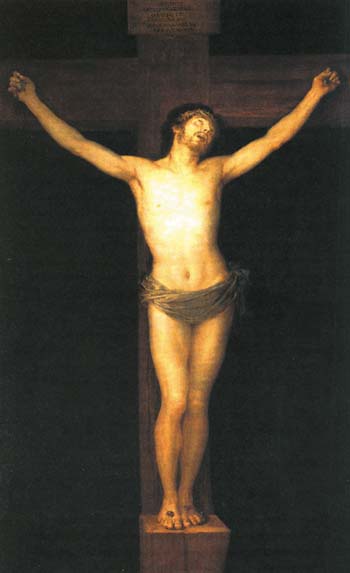Had to copy this one


A certain dear friend of mine and Mrs. J's authors the wonderful little blog entitled "This is Happily Ever After." She has just put these provocative thoughts together, in addition to preparing to be a mother for the first time very, very soon. I was so impressed; so often modern apologists stall at the conglomerate evidences of Other Credible Religions, without pausing to resolve the discussion by merely pointing out the key distinctions between us and them. In my humble opinion, the author below perfectly demonstrates how decent catachesis cleverly trumps mere cleverness in a theological quandry any day.
There are positive things about living equal to the poverty line. I am much more content with my belongings. I am learning to be more creative and efficient and I watch public television. I recently saw on PBS (www.pbs.org/howartmadetheworld/) a program about the impact art has made on the world. In it, they discussed images of death and the afterlife. They sought to find out where these images came from, their significance, and specifically why did some images regarding death were fearful, and others, like the cross, were both gruesome and comforting. They said the Aztecs were ruled by images of the Sun god holding human hearts. They believed that the sun sacrificed his own blood to bring life to the earth, and in return demanded repayment in the form of human blood. If the demand was not met, life would be snuffed out entirely. This resulted in thousands upon thousands of people climbing to the top of the pyramids to be sacrificed for the greater good.
PBS posed the question, what then, is the difference between an image of a god holding human hearts, and the image of our Jesus hanging on the cross? Both symbolize death and sacrifice, both are horrific, both are bloody. The answer ( which they fail to point out so specifically) is that the Aztec’s image is a reminder of a debt owed, whereas the Cross is a reminder of a debt paid.


<< Home